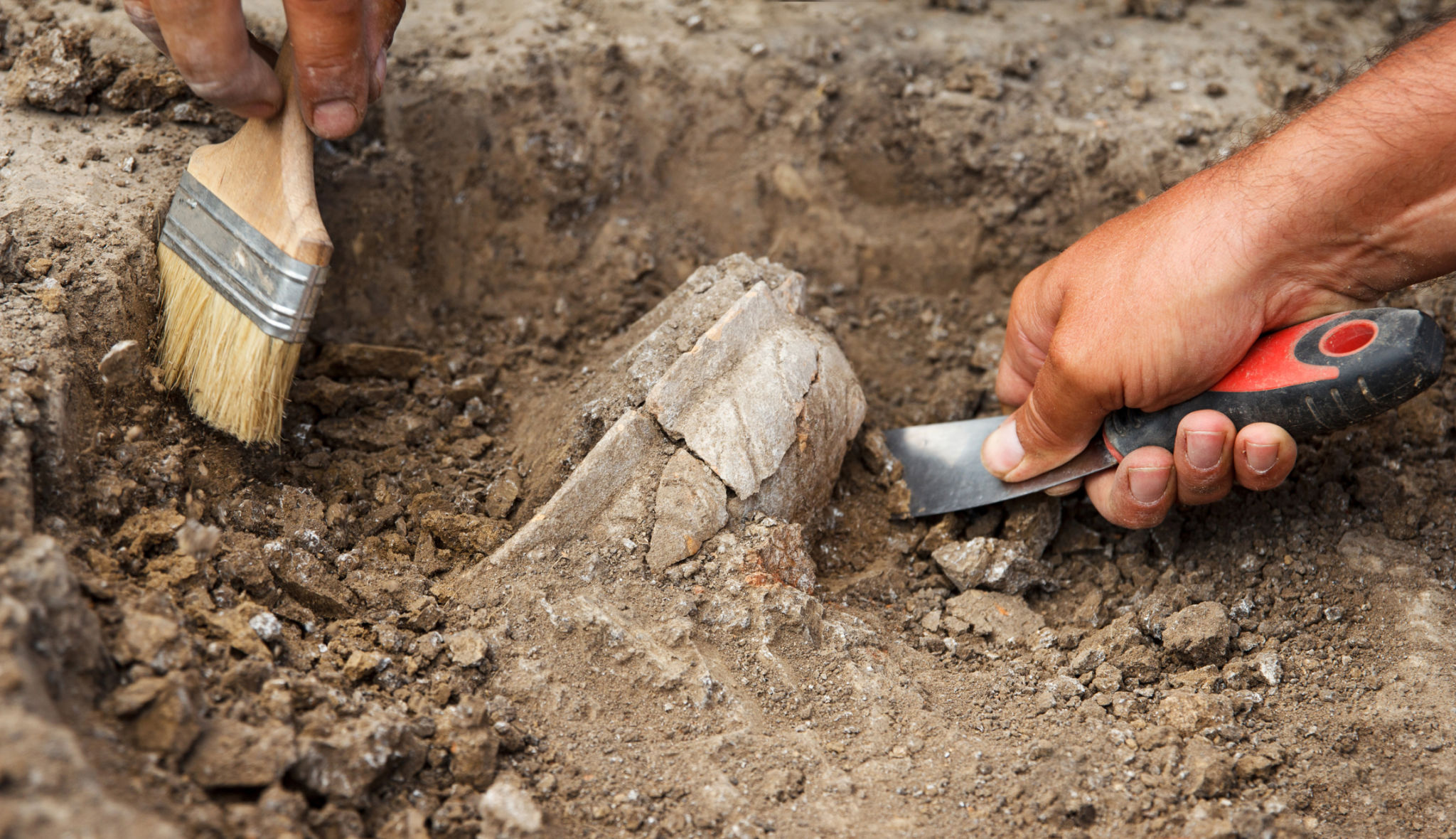Building a Career in AI: Lessons from Archeology
Introduction
In an age where technology is advancing at lightning speed, building a career in Artificial Intelligence (AI) can seem daunting. However, there are lessons to be learned from unexpected places. One such field is archaeology, which, despite its ancient roots, offers timeless wisdom on navigating the intricacies of a modern career in AI.
Understanding the Landscape
Much like archaeologists who study ancient civilizations, aspiring AI professionals must first understand the landscape they wish to explore. This involves familiarizing oneself with the current AI technologies and trends. Just as archaeologists immerse themselves in the culture and history of their study subjects, AI enthusiasts should dive into research papers, online courses, and tech forums to gain a comprehensive view of the field.
By understanding the historical context and potential of AI, individuals can better anticipate future developments and contribute effectively to this rapidly evolving industry.

The Importance of Patience
Archaeology teaches us the value of patience. Excavating a site often requires meticulous care and can take years before revealing significant findings. Similarly, building a career in AI demands persistence and patience. Mastery of complex algorithms, coding languages, and machine learning models doesn't happen overnight.
For those entering the AI field, dedicating time to continuous learning and development is crucial. Engaging with projects, attending workshops, and participating in hackathons are excellent ways to gradually build expertise.
Trial and Error
The process of discovery in both archaeology and AI often involves trial and error. Archaeologists may need to adjust their methods based on the findings they uncover. In AI, developing new models or algorithms involves testing different approaches and iterating until achieving desired results.
This iterative process can be frustrating but is essential for innovation. Recognizing that failure is an integral part of the learning process allows AI professionals to refine their skills and develop more robust solutions.

Collaboration is Key
Both fields thrive on collaboration. Archaeologists often work in teams with diverse expertise to piece together historical puzzles. In AI, collaboration is equally important. Working with interdisciplinary teams can lead to creative problem-solving and novel applications of AI technology.
Building networks with other professionals, attending industry conferences, and participating in collaborative projects can enhance one's career in AI by providing fresh perspectives and insights.
The Role of Ethics
Archaeology has long been concerned with ethical considerations, such as preserving cultural heritage and respecting indigenous rights. Similarly, AI professionals must navigate ethical dilemmas surrounding privacy, bias, and the societal impact of AI technologies.
Understanding these ethical challenges and committing to responsible AI development is crucial for building a sustainable career in the field.

Conclusion
The journey from archaeology to AI might not be an obvious one, but the parallels between these fields offer invaluable lessons. By understanding the landscape, exercising patience, embracing trial and error, collaborating effectively, and prioritizing ethics, aspiring AI professionals can carve out successful careers in this dynamic industry.
These timeless lessons remind us that, while technology may advance rapidly, certain principles remain constant across disciplines and ages.
